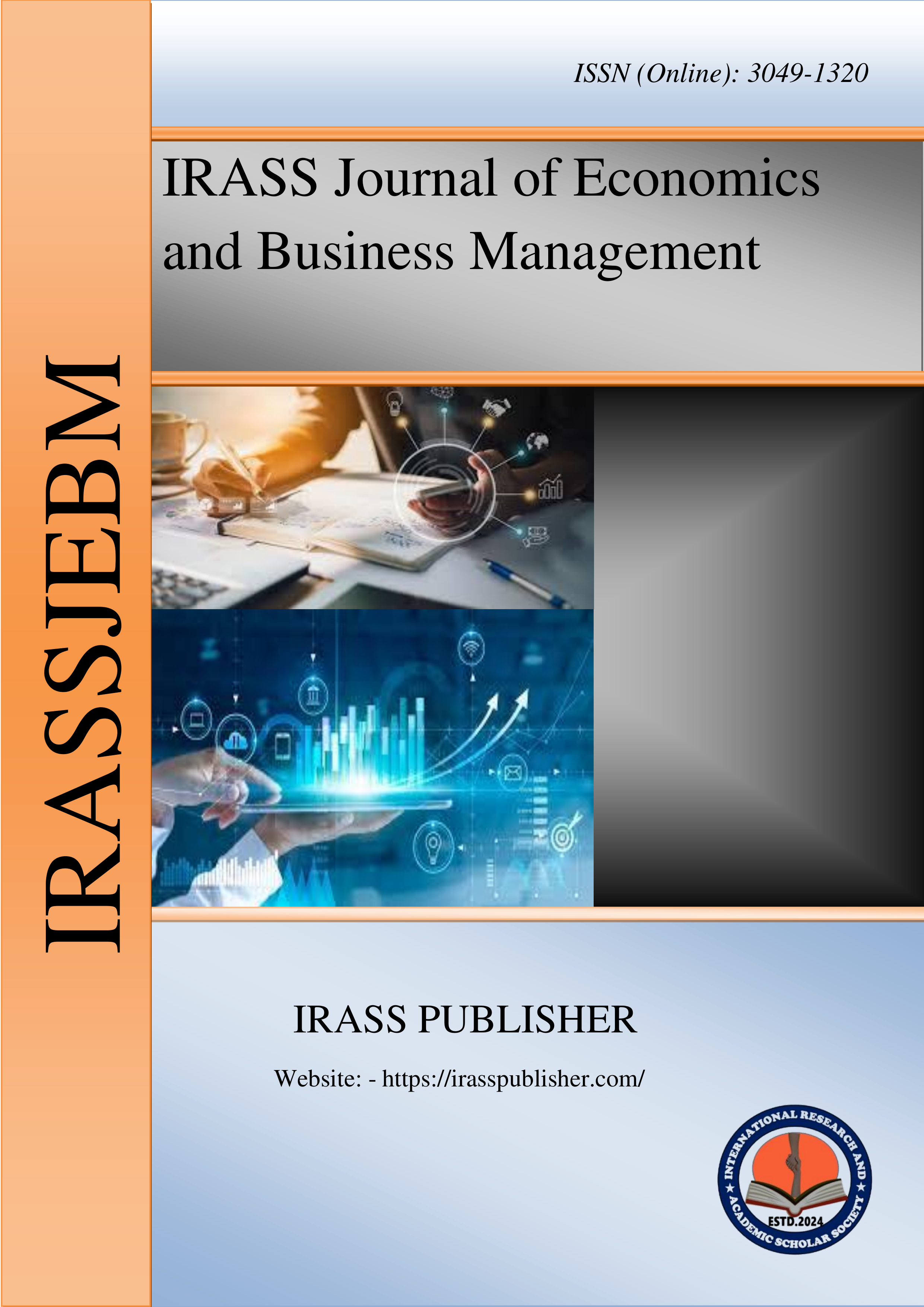THE POLITICS OF URBAN REDEVELOPMENT IN NIGERIA: POWER DYNAMICS AND STAKEHOLDER INFLUENCE IN ABUJA’S GENTRIFYING NEIGHBOURHOODS
Sr No:
Page No:
46-53
Language:
English
Authors:
Tyodzer Patrick PILLAH, Ph.D* , Ameh Joseph Edwin
Received:
2025-02-04
Accepted:
2025-02-17
Published Date:
2025-02-20
GoogleScholar:
Click here
Abstract:
Urban gentrification, characterized by the influx of higher-income residents into
lower-income areas and subsequent displacement of existing residents, has significantly
impacted Abuja's neighbourhoods. Driven by substantial investments in infrastructure and real
estate development, these changes have enhanced economic vitality but raised critical concerns
about social equity and inclusiveness. Abuja's urban setting is marked by stark contrasts
between formal and informal settlements, contributing to significant socioeconomic disparities.
Informal settlements, rapidly growing on government-owned or abandoned land, face
challenges such as lack of basic infrastructure and social exclusion. This study examines the
politics of urban redevelopment in Abuja, focusing on power dynamics and stakeholder
influence in gentrifying neighborhoods. Employing a qualitative research design, the study
draws on secondary sources and the researcher’s regional experience. The analysis highlights
the diverse stakeholder interests, funding constraints, communication barriers, and regulatory
issues that complicate urban redevelopment. Effective stakeholder management, including
transparent communication, inclusive participation, efficient resource allocation, and
streamlined regulatory processes, is essential for sustainable urban development.
Recommendations include establishing a Multi-Stakeholder Urban Redevelopment Council,
implementing a transparent funding and monitoring mechanism, and enhancing public
participation through digital platforms. These measures aim to ensure that Abuja’s urban
redevelopment projects are transparent, inclusive, and accountable, ultimately fostering a
vibrant and equitable urban environment.
Keywords:
Urban gentrification, urban redevelopment, stakeholder influence, socioeconomic disparity.
Journal: IRASS Journal of Economics and Business Management
ISSN(Online): 3049-1320
Publisher: IRASS Publisher
Frequency:
Monthly
Language:
English

